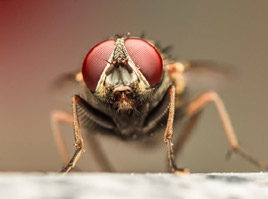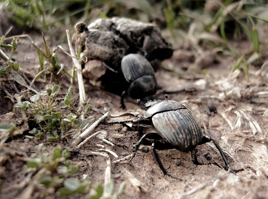Feeling Itchy?
Have you checked
for fleas?
REQUEST A CALLBACK
Please fill in the form below for a free no obligation site survey and we will ask our friendly consultants to give you a call.
Ground Beetles, Ticks & Fleas
Fleas are small, wingless bloodsucking insects that are well known for their jumping movement, feeding mainly on mammals and also birds. The rat flea, human flea and cat flea are the most common types of flea and their bites can cause irritation and discomfort. The rat flea is known to spread bubonic plague and flea-borne typhus; the cat flea can transmit tapeworms.
The life cycle of the flea has four stages: egg, larvae, pupa and adult. Both male and female fleas feed on blood and breed close to their resting and sleeping places of the host, they prefer dust, dirt, rubbish, cracks in floors or walls, carpets and birds’ nests. Fleas avoid light and are mostly found among hairs or feathers of animals or in beds and clothing.
Humans are most commonly bitten by the cat flea and generally attack the ankles or legs, they cause irritation and sometimes extreme discomfort and can in some
cases cause an allergic reaction and dermatitis.
GENERAL GROUND BEETLES
Ground Beetles are also referred to as Carabids and are part of the Carabidae family, they are usually hard-bodied, dark or metallic coloured and are fast moving and predatory with thread-like antennae.
They hide under logs, rocks or soil crevices during the day as they are largely nocturnal insects.
Ground beetles are among the largest and most successful families of beetles in the world and both beetle and larvae are mostly carnivorous.
Little is known about the life history and habitats, some appear to breed in late summer and autumn, then hibernate during the winter.
Most carabid beetles will discharge an obnoxious, volatile and highly irritant fluid to deter predators, some of the larger beetles can also inflict a sharp nip with their jaws, so it’s best to avoid handling these beetles and calling in the experts.
If a problem is identified, upon your agreement; we will conduct the following:
- We apply a water-based insecticide spray treatment using an insecticide called Ficam W
- This is applied to the areas where the infestation is, which could be cracks and crevices and along the edge of floor junctions
- It is a one-off treatment
- For precautionary purposes we recommend a 1 hour exclusion period, whereby no one can enter the vicinity of the treatment either during or up to 1 hour after completion.
- However, this can only be done in an area where a fish pond is not nearby, as the insecticide could be harmful to aquatic life.
TICKS
Ticks are small, blood-sucking mites that lie on blood from larger animals but may also attach themselves to humans. They sit on tall grass and trees, waiting for a ‘host’ to attach to. Usually they will find a warm, moist dark place on the body (crotch or armpit) and often the person carrying the tick is unaware that it is attached to them. It will then insert a probe into the skin and begin sucking blood, generally, the tick will leave after a while or will be dislodged by the host with little harm being done. But occasionally, the tick carries a small bacterium called Borrelia burgdorferi which is passed to the host while sucking blood.
This can cause an infection called Lyme disease, the longer the tick is attached to the skin, the greater the risk.
No one relishes the idea of finding a tick on our pets or ourselves so act quickly!
Pest Control Top Tips
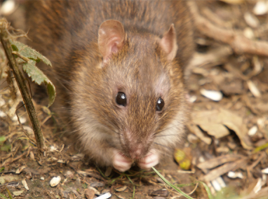
Rats & Mice
Rats and mice can suffer from and carry diseases that can be spread to humans. One of which is Weils’s Disease, which is passed on by rat…

Fox Trapping
December to February is one of the most common times that you may experience a problem with foxes as this is their breeding season. however, they are…
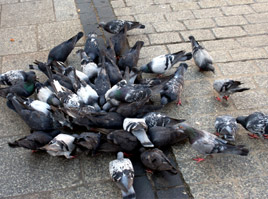
Pigeons
Many people see feral pigeons as part of our natural wildlife, as they can become quite tame and will take food from your hand. However, they can be…
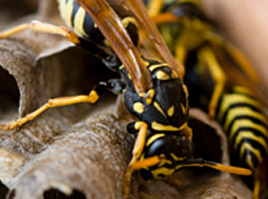
Wasps
Wasps nests are a problem, as they can contain up to 10,000 wasps! Being stung by a wasp is not only painful but can be life threatening if you are…
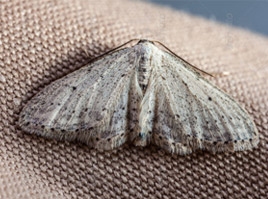
Moths
Clothes moths, otherwise known as Tineola biselliella, don’t fly towards light as other moths do. Instead, they will spend months hidden in…

Ants
Ants have a variety of nesting habits, some like to build their nests in soil, others behind moldings, baseboards and counter tops; they feed on…
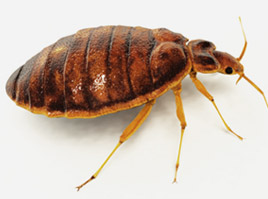
Bed Bugs
Bed bugs are small, nocturnal, wingless insects that feed on human blood and other warm-blooded hosts. They are oval in shape and grow up to 4-5mm…
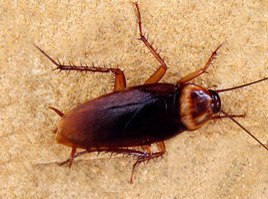
Cockroaches
Cockroaches are a high risk pest, they carry and can spread serious illnesses including salmonella, dysentery, gastro-enteritis and typhoid, with…

